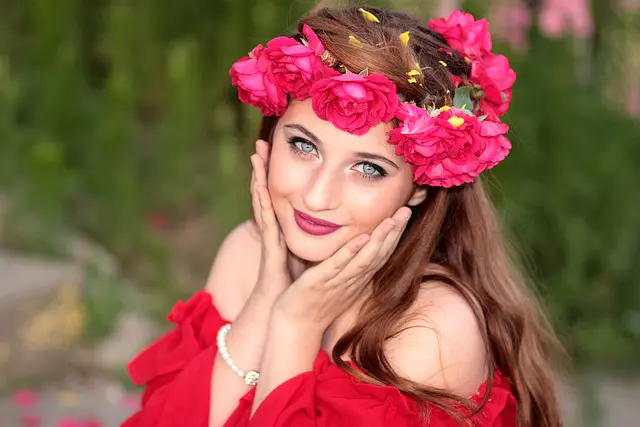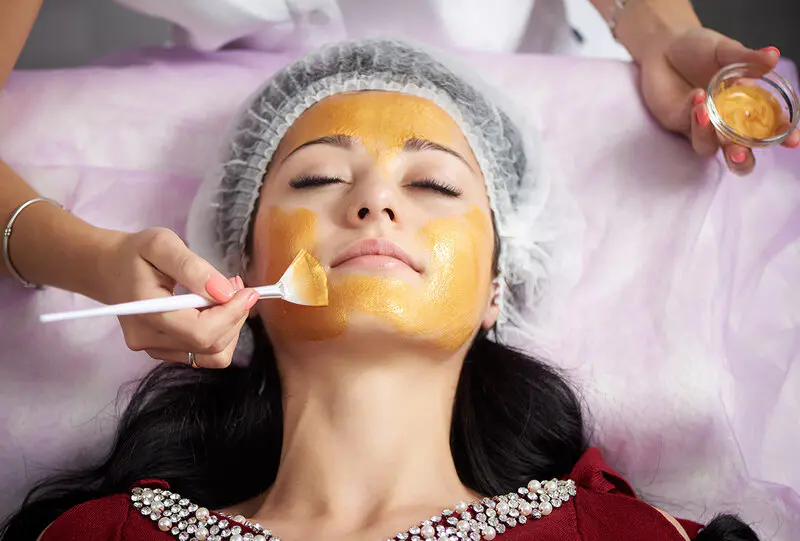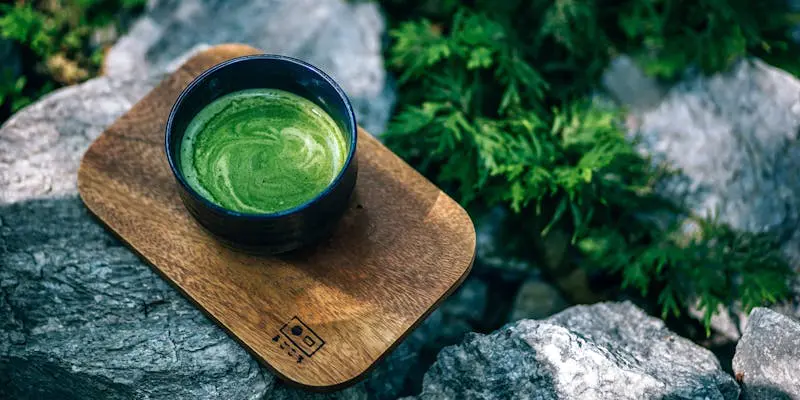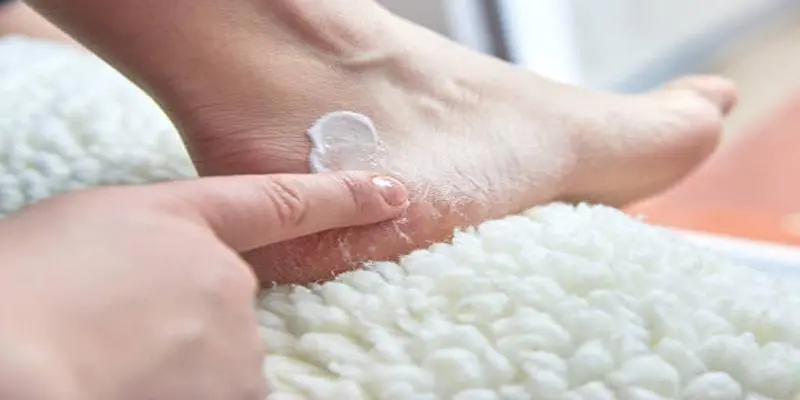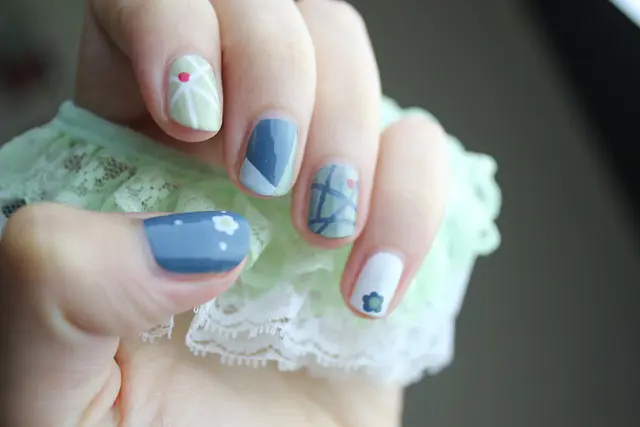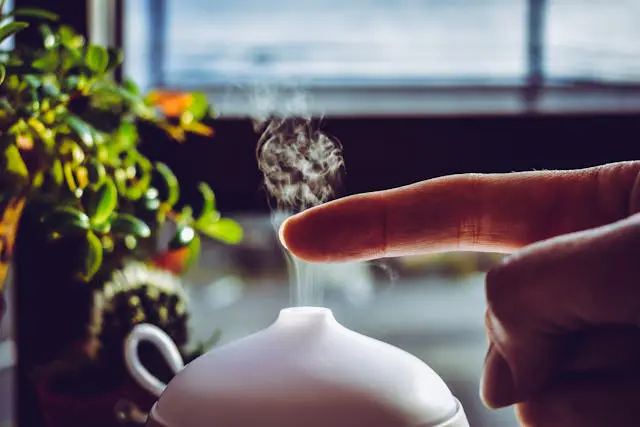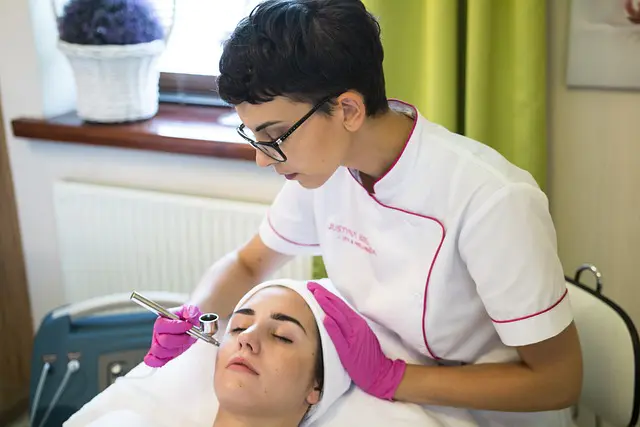The conventional view of beauty, which has been primarily obsessed with the pursuit of perpetual youth and unblemished complexion, is currently experiencing a profound metamorphosis. Society and the beauty sector are reassessing the notion of aging, and this article examines the burgeoning admiration for the beauty that accompanies age and how it contests our traditional perceptions of beauty.
A novel viewpoint is gaining ground that values the beauty of aging, contesting the societal standard that assigns the highest priority to the preservation of youth. The marks and narratives that time etches on our visages are increasingly seen as symbols of pride rather than imperfections to be concealed, indicating a natural and empowering progression.
This article will investigate the forces driving the heightened acknowledgment of the beauty of aging and how the beauty industry is adapting to this cultural transition. We will also explore how accepting the aging process can foster greater self-acceptance, a celebration of individuality, and an expanded definition of beauty.
1. Society's Newfound Respect for the Aging Experience
Aging, a universal and inescapable facet of human existence, has often been viewed as something to evade, particularly in Western societies that place a high premium on youth. It has been associated with a decline in attractiveness and significance. Women, in particular, have faced stringent beauty norms that treat aging as an issue to be rectified rather than an integral part of life's journey.
However, an emerging movement is endeavoring to alter the narrative surrounding aging, transforming it from an object of fear into an object of reverence. This shift is becoming increasingly visible in the media, with more seasoned models and actresses shattering the long-standing youthful beauty stereotype. Celebrities such as Helen Mirren, Jane Fonda, and Angela Bassett are setting new standards by embracing their natural aging process and projecting a confident image of maturity.
Social media has been a pivotal catalyst in this shift, offering a platform for individuals of all ages to share their personal narratives on aging and beauty. Popular hashtags like #AgePositivity, #GreyHairDontCare, and #AgelessBeauty have become emblematic of an emerging trend to embrace and celebrate the natural aging process rather than succumb to anti-aging pressures.
This cultural shift is also reflected in the beauty industry, with brands increasingly recognizing the diversity in age and featuring older women in their campaigns, as well as developing products for mature skin. As consumers demand authenticity and inclusivity, the industry is evolving to reflect these new values.
2. The Beauty Industry's Adaptation to Aging
In response to the escalating demand for a natural approach to aging, beauty companies are pivoting their focus from youth-centric products to those that celebrate the beauty of mature skin. Aging with grace is now less about defying time and more about enhancing and celebrating the skin's natural aging process.
Anti-Aging vs. Pro-Aging: Evolving Attitudes
Historically, the beauty industry has concentrated on "anti-aging"—products aimed at diminishing or reversing signs of aging. From wrinkle creams to Botox, these have been marketed as the ultimate solutions to aging. While such products still have their place, a more holistic approach is gaining momentum—one that advocates for "pro-aging," or products that support and enhance the natural aging process.
Pro-aging products celebrate aging as a beautiful and inevitable journey, focusing on promoting healthy, nourished skin tailored to the specific needs of mature skin, such as increasing hydration, enhancing elasticity, and addressing age spots and sagging. The emphasis is on amplifying natural beauty rather than concealing it.
Diverse and Inclusive Beauty Campaigns
As beauty brands recognize the importance of representation, older individuals are now being featured in mainstream beauty campaigns. Companies like Dove, Olay, and Lancôme have introduced advertisements showcasing women of various ages and backgrounds, celebrating the diversity and wisdom that come with age.
The beauty industry is also acknowledging the skincare and makeup needs of people of all ages, tailoring solutions to their unique requirements. For example, foundations are being formulated with ingredients that provide extra hydration and radiance for mature skin. Skincare brands are developing rich, nourishing formulas that target age-related concerns while promoting healthy, luminous skin.
This shift in beauty campaigns not only mirrors the changing views on aging but also acts as a powerful catalyst for social change.
